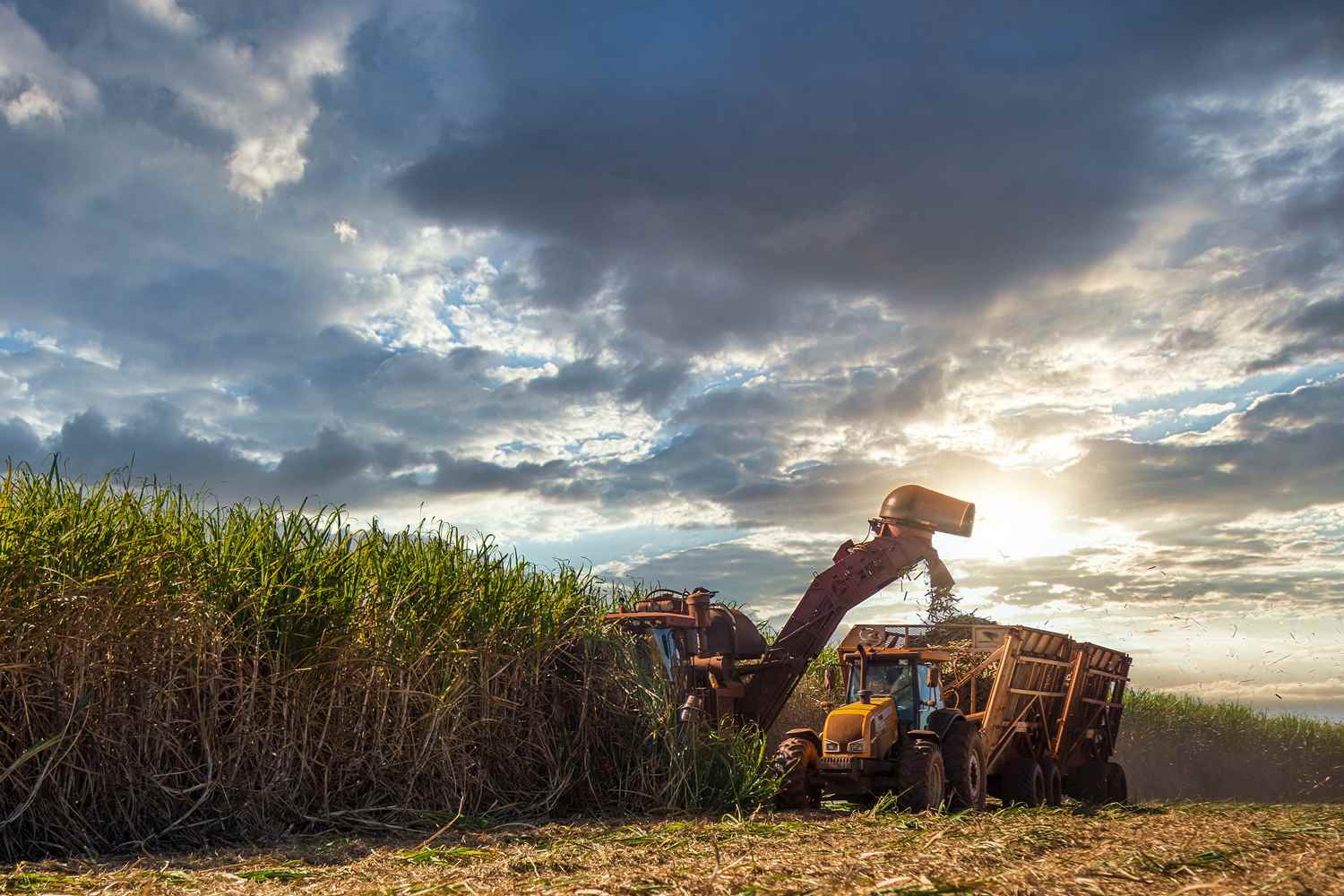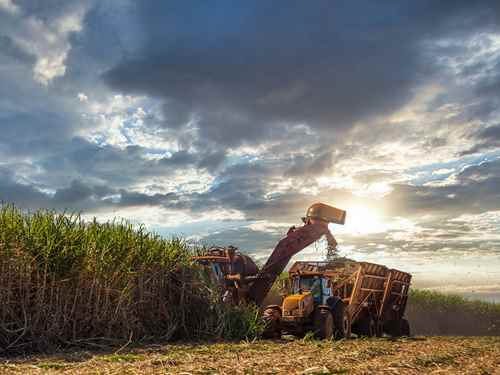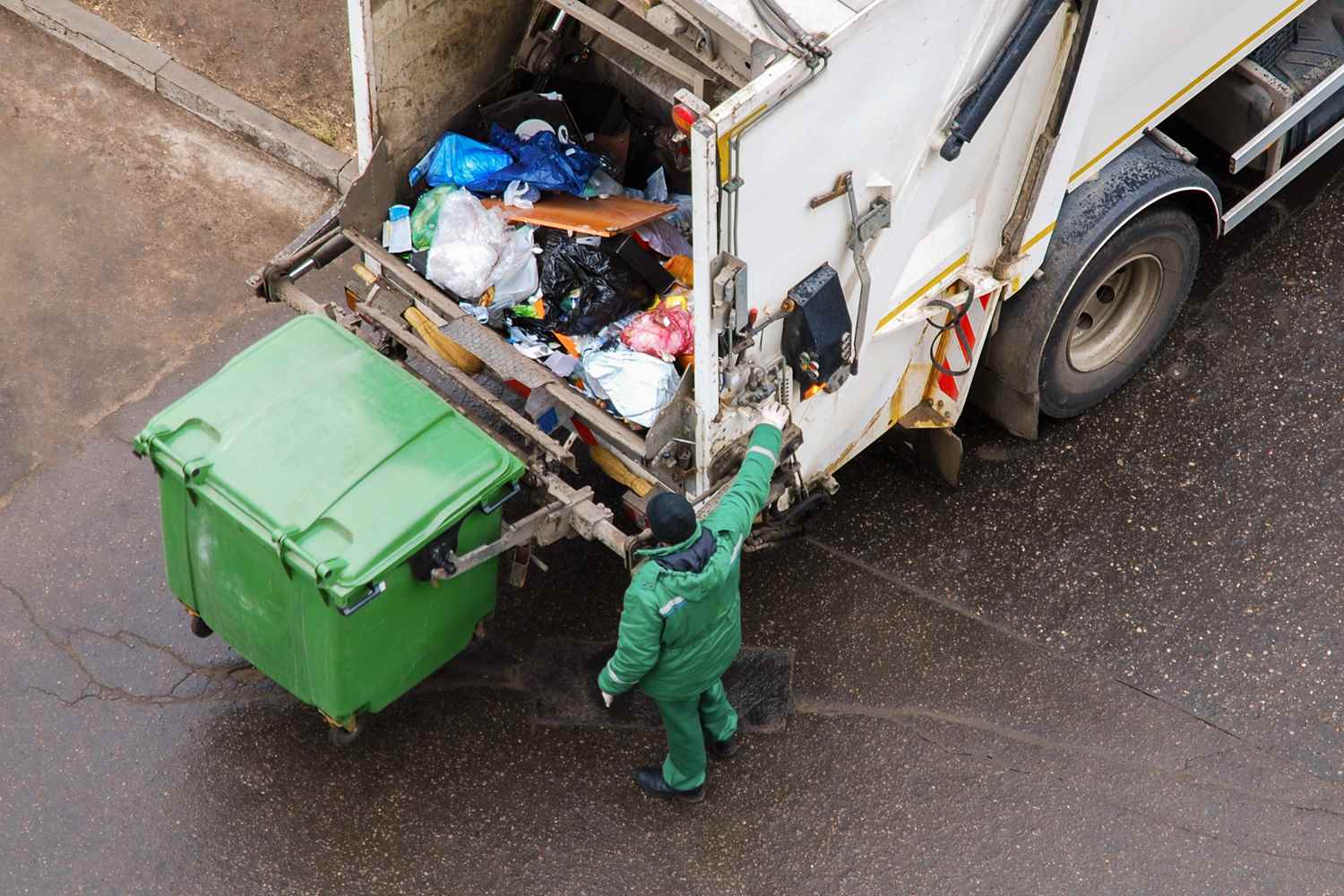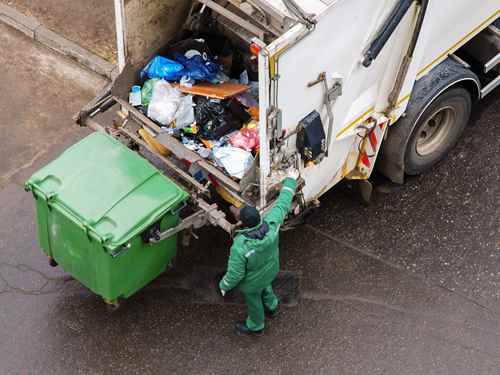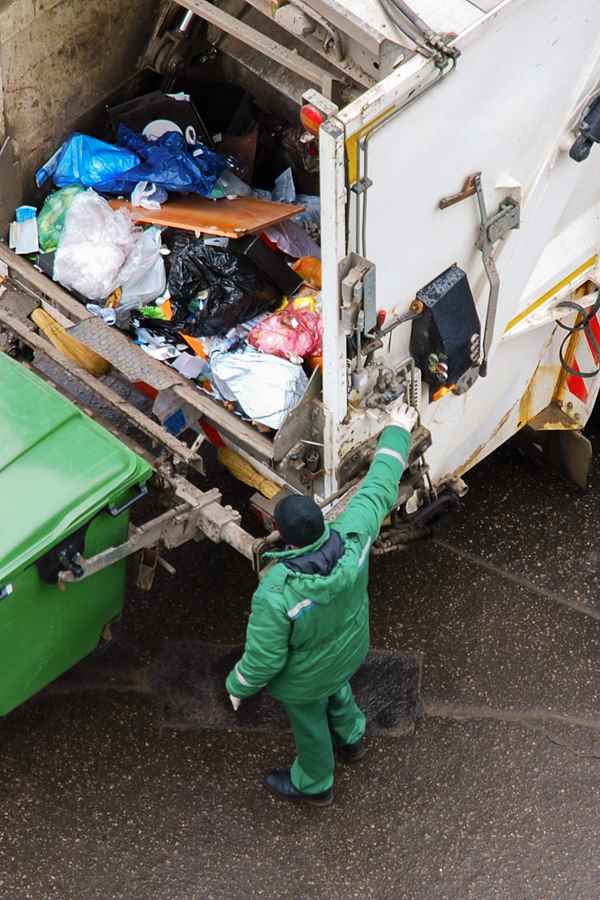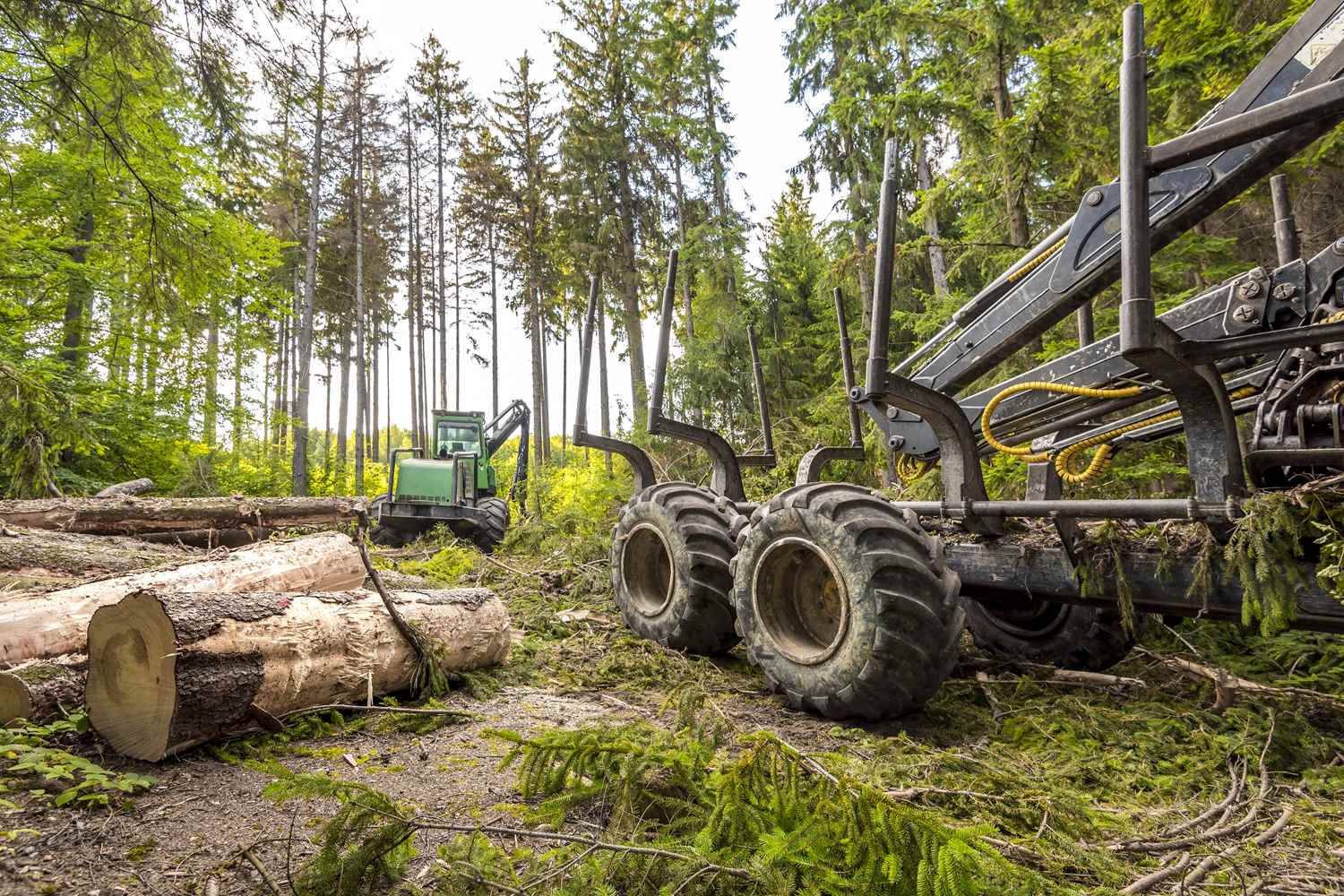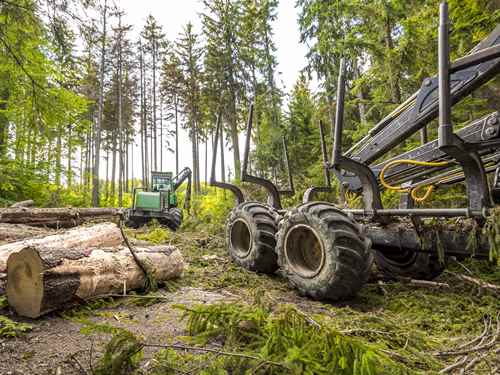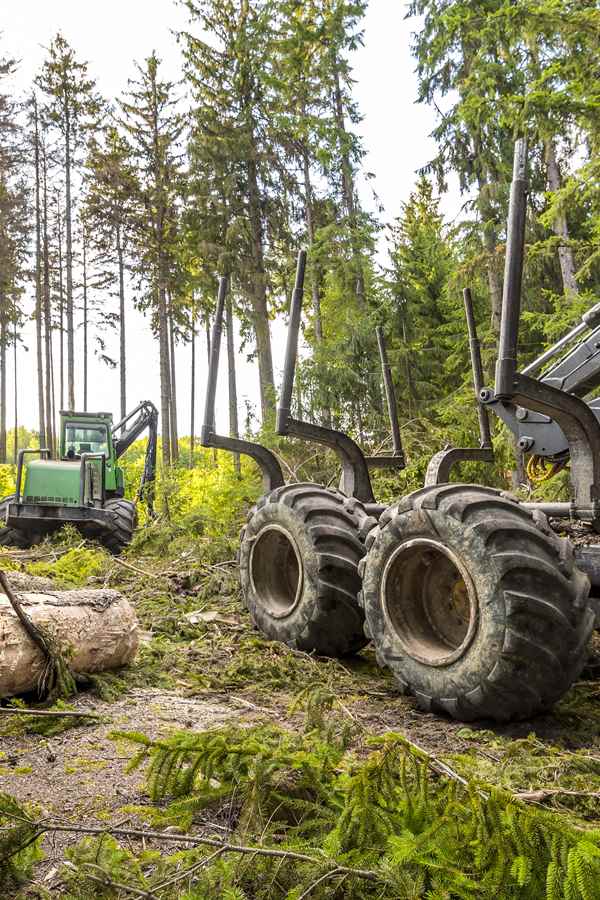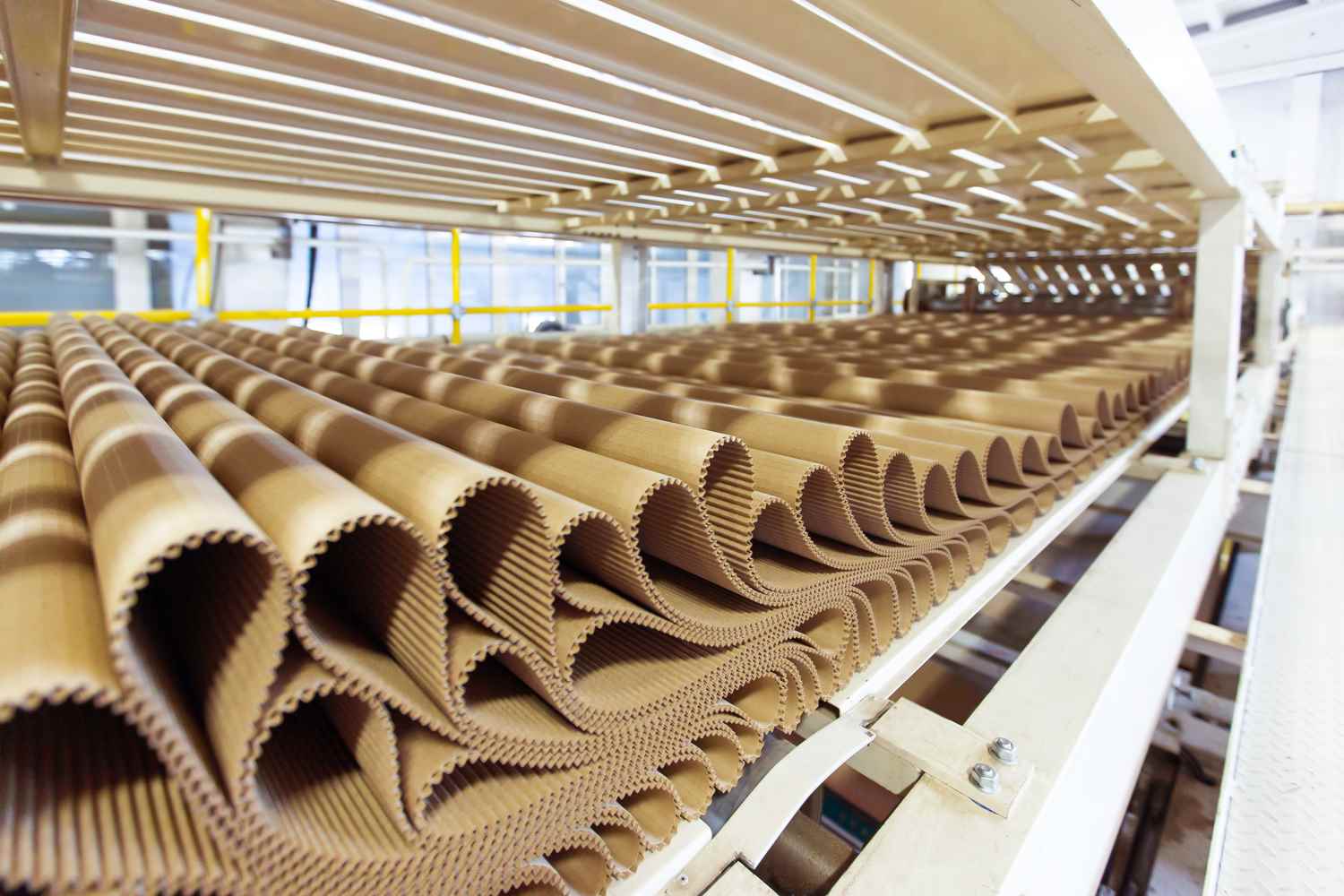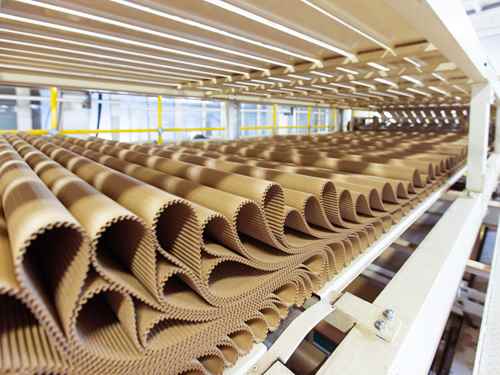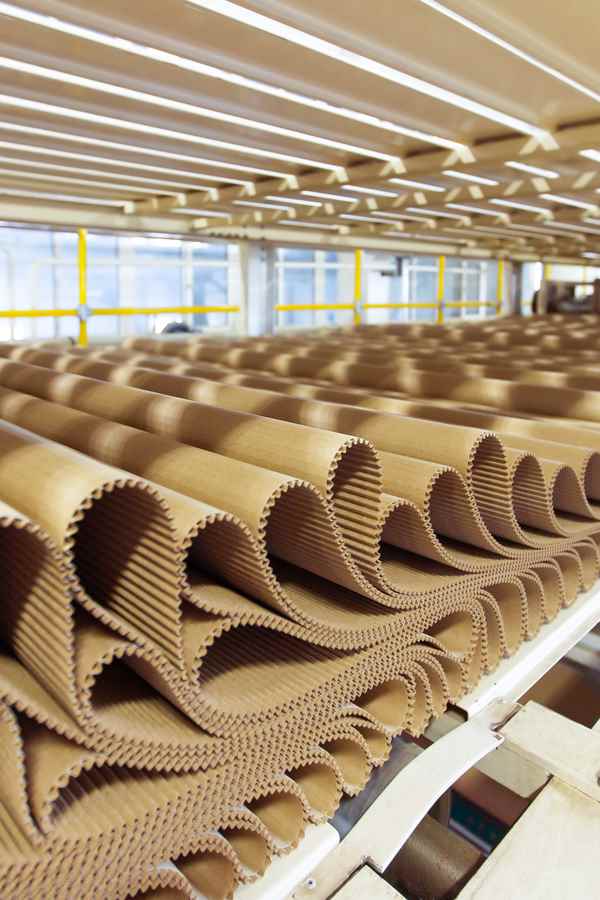Why Waste-to-Energy?
The demand for renewable sources of energy has never been greater. Spurred by strong public policy combined with abundant feedstock supply, environmental pressure, and the loss of many baseload fossil fuel power plants, Earth to Energy has identified a niche market of highly attractive waste-to-energy opportunities. By owning a controlling interest and operating assets, Earth to Energy can strategically target deployment of development capital into only the most attractive projects, maximizing potential, tax efficiency, and investor returns.

Agricultural Waste
Agricultural (or "ag") waste is material generated by farms across a broad spectrum of agriculture production, from manure and livestock residuals to the remains from grain, vegetable, and fruit harvesting.
Ag waste can create significant negative environmental impacts based on its storage and disposal. For example, sugar cane waste is typically burned in the fields, negatively impacting air quality. Improper manure disposal contributes to groundwater contamination. Agricultural waste can instead become:
- Fuel pellets
- Renewable natural gas/biogas
- Soil amendment
Municipal Solid Waste
According to the U.S. Environmental Protection Agency, the U.S. generates over 292 million tons of household waste annually - or almost 5 pounds per person per day. Fifty percent of this material is landfilled, generating harmful methane, polluting groundwater, and occupying land area.
The volume of material available to divert from landfills creates a significant opportunity to transform this waste into:
- Block fuels for industrial use
- Combustion energy
Biomass
When timber is harvested, extraneous materials such as tree tops, limbs, and branches are typically abandoned in the woods. This "low-grade" wood, when left to decompose, damages forest health and increases risk of wildfires.
Wood chips, sawmill residuals, and other forms of biomass can be transformed into products for energy generation and other purposes:
- Wood pellets
- Carbonized briquettes
- Electrical energy production
Pre-Consumer Waste
Pre-consumer waste is material that was discarded before it was ready for consumer use, or manufacturing scrap (such as trimmings from paper production, defective aluminum cans, textile clippings, and more).
While some pre-consumer waste can be re-incorporated into the manufacturing process, the rest is landfilled, incinerated, or otherwise wasted. This material can be used for:
- Block fuels for industrial use
